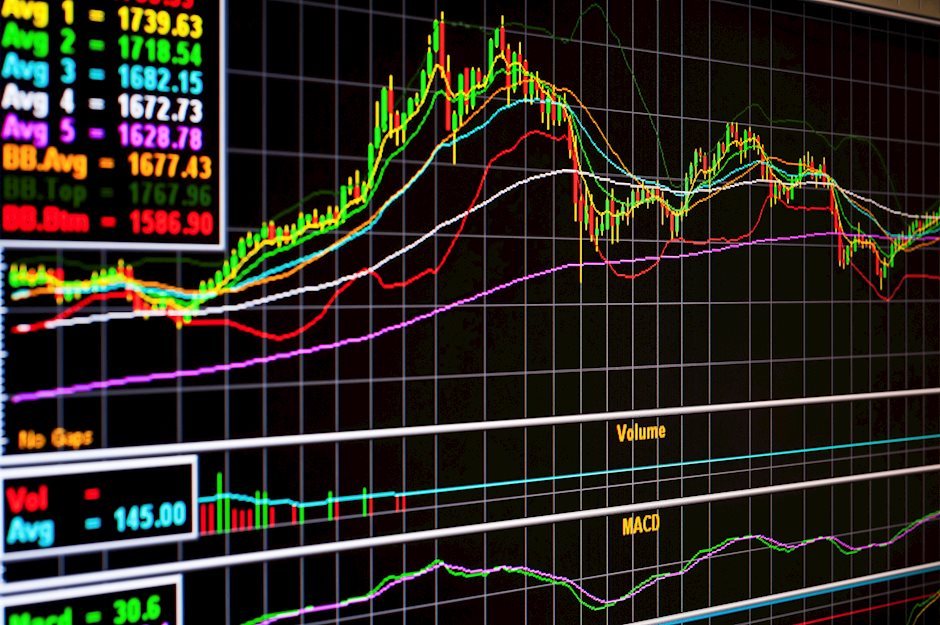This may have ended Alibaba’s winter, but is it time to buy?

Key points
-
China’s return has attracted some major institutional investors to the nation’s equities, throwing Alibaba stock to the top of the list.
-
Business fundamentals have expanded faster than the economy, so Alibaba stock has outperformed China’s central equity ETF.
-
This catalyst is the one thing that investors can count on to unlock the company’s double-digit upside potential.
-
5 stocks we like better than iShares MSCI China ETF.
Investing in China has become taboo lately, with investors and media calling its equity market ‘uninvestable.’ However, some understand macroeconomics at a level most can only dream of, such as Ray Dalio and his hedge fund Bridgewater Associates.
Alibaba Group (NYSE: BABA) has been earning itself the spotlight lately regarding the theme of Chinese investments. Too harsh for some to hold, this stock made the list of Ray Dalio’s most significant purchases during the past quarter, and he has all the right reasoning behind this decision, but more on that later.
This is not a story of easy riches but a reminder that being willing to do your homework and going against the grain often pays off big time. Lucky for you reading this, most of the homework has been done to leave only the consideration thoughts to play into a potential investment.
Do you know which under-the-radar stocks the top hedge funds and institutional investors are investing in right now? Click here to find out.
The waiting game
Waiting on China’s economic turnaround is the central theme for Alibaba’s success. However, other internal developments on hold may act as additional catalysts to push this stock back to its former glory.
Judging by the underperformance China has demonstrated against he S&P 500, specifically when looking at the iShares MSCI China ETF (NASDAQ: MCHI) and how it was left behind by as much as 23.3% on a year-to-date basis.
Working down the chain, investors can also note that Alibaba stock has outperformed the China ETF by 6.3% during the same period. This can be the initial foundation for a case where the stock is the favored child among the nation’s equities.
This trend may be born from the latest signs supporting a rebound in Chinese consumer activity, as implied by the uptick in inflation data for the first time in more than two quarters.
The fastest-growing middle class in the world happens to be in China, which is why any signs of expanding activity within the consumer sector may be extrapolated by a stock price upswing in Alibaba, whose revenues are highly dependent on the nation’s consumer trends.
While the overall economy took a bit longer to recover, Alibaba’s financials were one step ahead this time. According to the latest quarterly earnings presentation, revenues jumped by 13.9% during the year to outpace the market’s consumption rate.
Other concerns were built around how this recessionary environment may have affected the company’s margins, and the answer is: What recession?
Alibaba’s gross margins grew to 39.2% this quarter, superior to 36.9% a year ago. Net margins received similar treatment: they jumped to 14.7% this quarter compared to 11.1% twelve months ago.
Enough financial terms; why does this matter? If the business model expanded its pricing power and efficiency during a ‘recession’ in China, imagine what the fundamentals will look like once the recovery is priced into the economy.
Ticking timebomb
Now that the business profitability and stability are made clear, it is time to discuss the elephant in the room, and that is management’s plans to spin off the company throughout the coming years.
Alibaba’s Cainiao division is set to be the first unit to be spun off in the Hong Kong market, which is set to unlock significant value for current shareholders. A look at the financials will suggest that Alibaba’s stake in Cainiao is worth upwards of $26 billion.
How would this affect you as a shareholder or potential shareholder? First, realizing a liquidation of this amount would reflect an increase in the company’s cash position, which can be used in two main ways to unlock value for shareholders.
First, management could choose to pay a special dividend and, therefore, distribute all the proceeds from the sale. While a nice paycheck, this decision would not be the smartest one, and here is why.
A dividend would mean that the receiver would need to pay taxes on said payout, money already taxed by the government once Alibaba recorded the proceeds. Take the money now and pay double-tax, or exercise delayed gratification.
Having waited all this while, leaning on China’s recovery, may pressure some into wishing for a dividend. However, the more efficient way to distribute this cash is to repurchase shares, which have traded at the lowest valuation (18.7x P/E) since 2016, excluding COVID-19.
Either decision value will be unlocked, so analysts are boldly placing a consensus price target of $138.6 a share. To prove analysts right, the stock would have to rise by as much as 57% from today’s prices, which is not a bad upside scenario for Dalio’s fund.
Author

Jacob Wolinsky
ValueWalk
Jacob Wolinsky is the founder of ValueWalk, a popular investment site. Prior to founding ValueWalk, Jacob worked as an equity analyst for value research firm and as a freelance writer. He lives in Passaic New Jersey with his wife and four children.

















